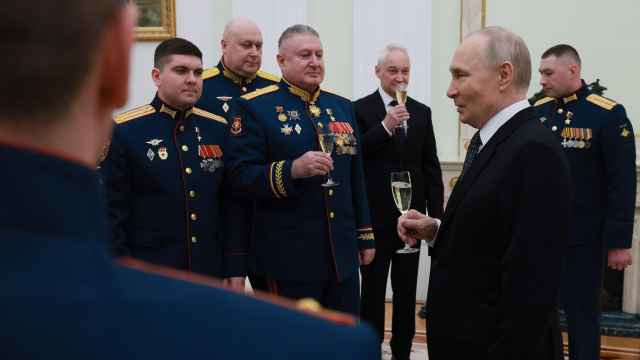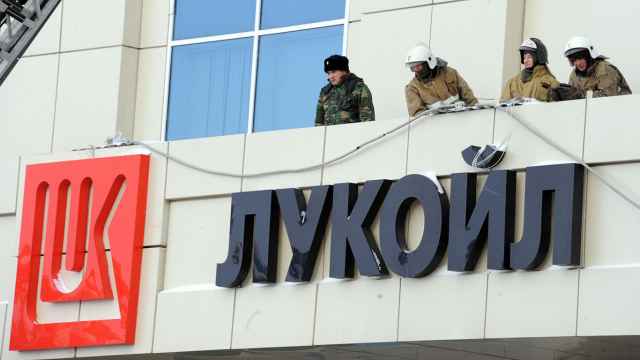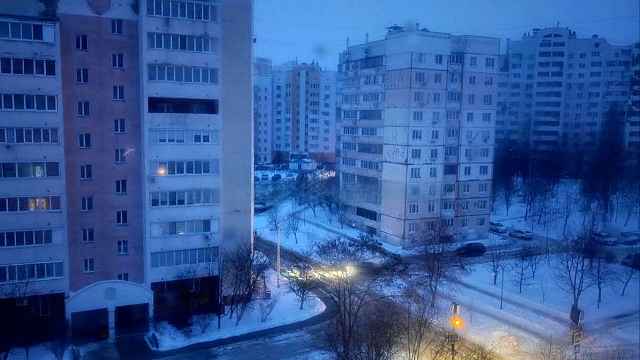Syrian schools will offer Russian language courses to their students in the next academic year, giving teenagers in the war-torn country an alternative to French, the Syrian Education Ministry said.
Syrian children have to start learning English in elementary school, and pick up French as a second foreign language in the fifth grade, but will soon be able to pick Russian instead, the ministry said in a statement, AFP reported Monday.
"By the next school year, the ministry will have completed all the preparations to begin teaching Russian language at its institutions," Education Minister Hazwane Wazz said.
This apparent demonstration of closer ties with Russia follows Moscow's staunch support for Syrian President Bashar Assad's government, in the face of French sympathies with the opposition forces.
Syria was a French colony until 1943, but fluency in the language is mostly limited to the academic elite, with many Syrian post-graduate students going to universities in France. The number of French speakers in Syria is estimated at 5,000 people, AFP reported.
A much larger Russian-speaking population lives in Syria now, including about 30,000 Russians, mostly Russian women who married Syrian men, according to official estimates. Many Syrian military officers also studied in Russia during the Soviet era.
Besides ethnic Russians who arrived in recent decades, Syria is home to many descendants of people from the North Caucasus — mostly Circassians, whose ancestors fled to the Middle East after the 19th century tsarist conquest of the Caucasus.
After the Syrian civil war started, dozens of Syrian Circassians applied for Russian citizenship, but Russia's Regional Development Ministry said last year that they don't qualify, partly because they couldn't speak Russian, Izvestia reported.
A Message from The Moscow Times:
Dear readers,
We are facing unprecedented challenges. Russia's Prosecutor General's Office has designated The Moscow Times as an "undesirable" organization, criminalizing our work and putting our staff at risk of prosecution. This follows our earlier unjust labeling as a "foreign agent."
These actions are direct attempts to silence independent journalism in Russia. The authorities claim our work "discredits the decisions of the Russian leadership." We see things differently: we strive to provide accurate, unbiased reporting on Russia.
We, the journalists of The Moscow Times, refuse to be silenced. But to continue our work, we need your help.
Your support, no matter how small, makes a world of difference. If you can, please support us monthly starting from just $2. It's quick to set up, and every contribution makes a significant impact.
By supporting The Moscow Times, you're defending open, independent journalism in the face of repression. Thank you for standing with us.
Remind me later.





